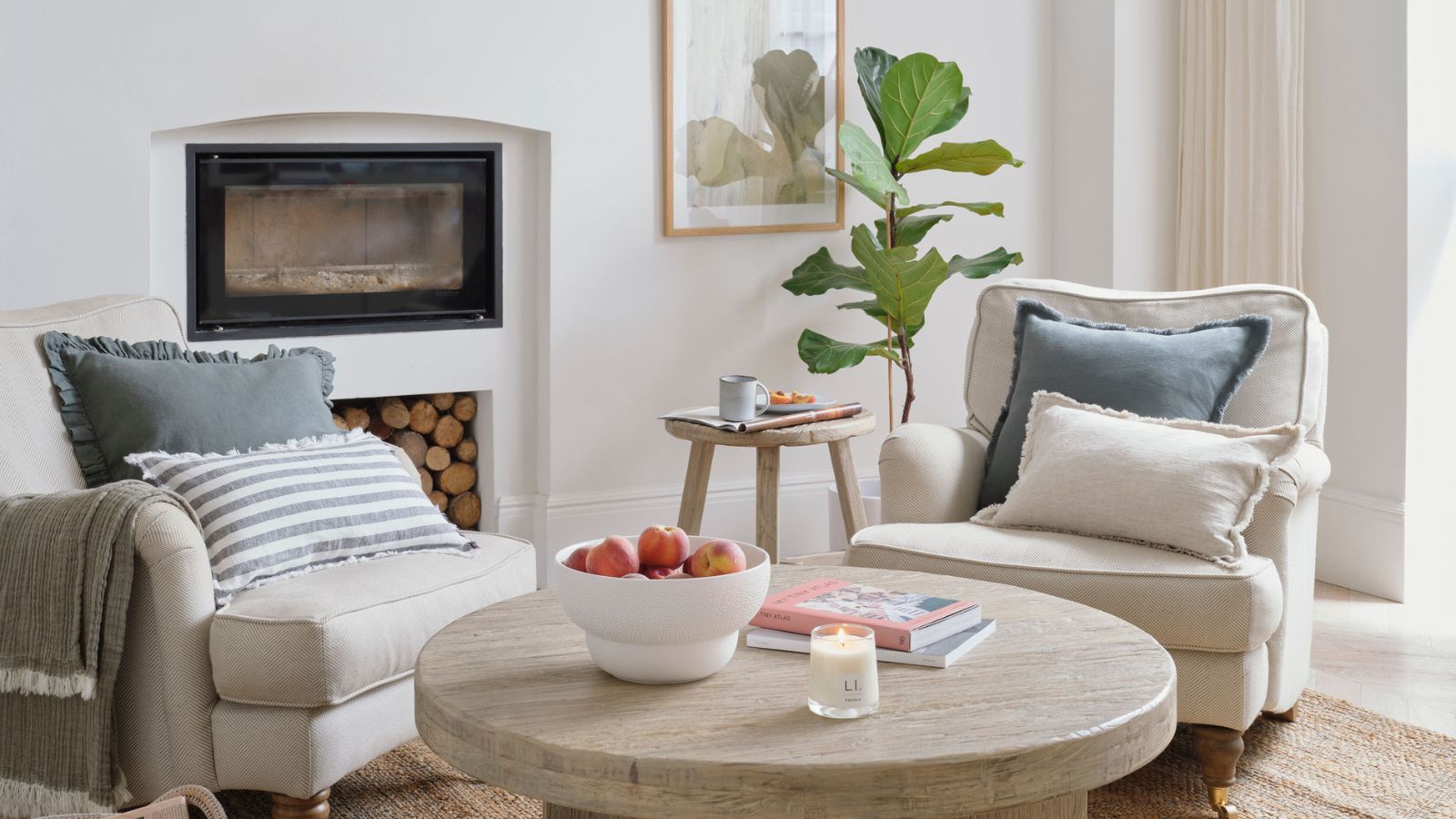
If you have noticed cold spots around your home or experienced high energy bills despite being mindful of your usage, then you might be making some common heating mistakes.
From thermostat mistakes to neglecting household maintenance, even the smallest of heating mistakes can leave you with higher-than-average bills in the winter months.
Here is how to fix the six most common heating mistakes to make your heating more efficient and save money at home.
Heating mistakes
While some of these basic mistakes are simply inconvenient for you and your wallet, others can be damaging to your home and HVAC system. As such, it is important to rectify any issues as soon as possible to avoid big service costs later down the line.
1. Setting a thermostat too high or low
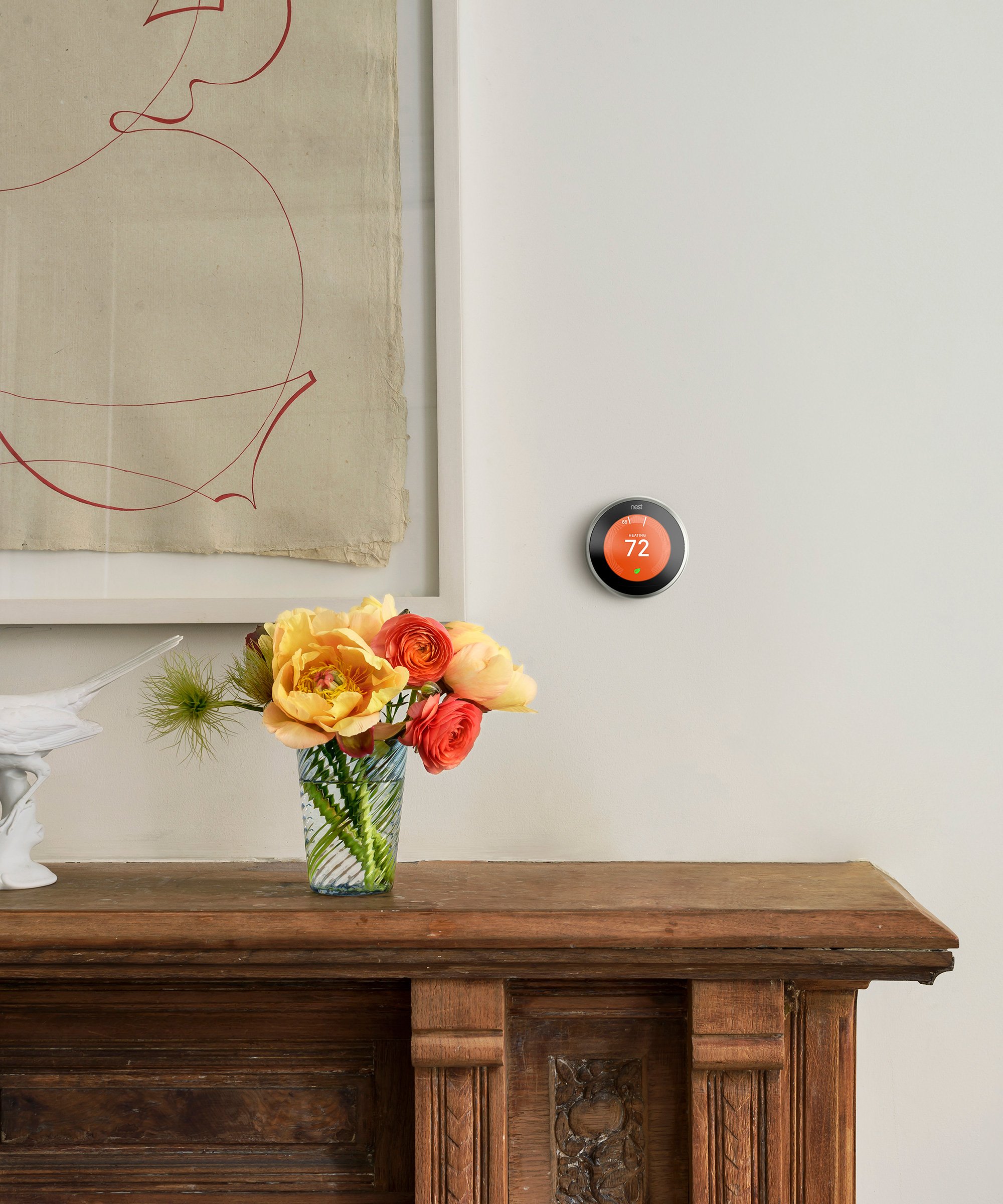
One of the biggest heating mistakes is setting a thermostat too high or too low – resulting in a cold home or unnecessarily high energy bills, begins Brad Rempel and Jennifer Wayne, home improvement experts, and American Standard’s Homeowning 101 instructors.
Setting it too low will leave you feeling cold while setting it too high will overwork the system, not only costing you more but also potentially wearing out your home heating more quickly, they say:
‘Like a car, your HVAC system should warm up before shifting it into full gear. To ensure it performs properly during the critical time in need, you want to give it a head start so you can determine if there are any maintenance or performance issues,’ they explain. ‘The best temperature for a thermostat in winter is around 68 Fahrenheit. Keeping the air inside your home closer to the temperature outside will prevent your HVAC system from overworking.
‘Another solution is to try using a smart thermostat to save money and get the temperature you actually want,’ they add.
2. Blocking heat vents with furniture

Another simple mistake is blocking heat vents with furniture and soft furnishings. The fix is equally as simple – move everything away from the vents to allow them to breathe.
Not only does this keep your home warm without turning up the heat, but it can help to keep your heating system in top condition too, adds Bradley Stroot, lead service technician at Tuttle Heating and AC:
‘If there aren't enough outlets for heated air to exit your ductwork, it could back up into your furnace, causing it to overheat,’ he warns. ‘At best, this would engage your furnace's emergency safety switches, causing it to turn itself off. At worst, it could damage the furnace and cause a fire.
‘If you ever notice that your furnace is frequently turning itself on and off, or flashing red error codes, call an HVAC technician to make sure everything is working properly.’
3. Leaving the heating on all-day
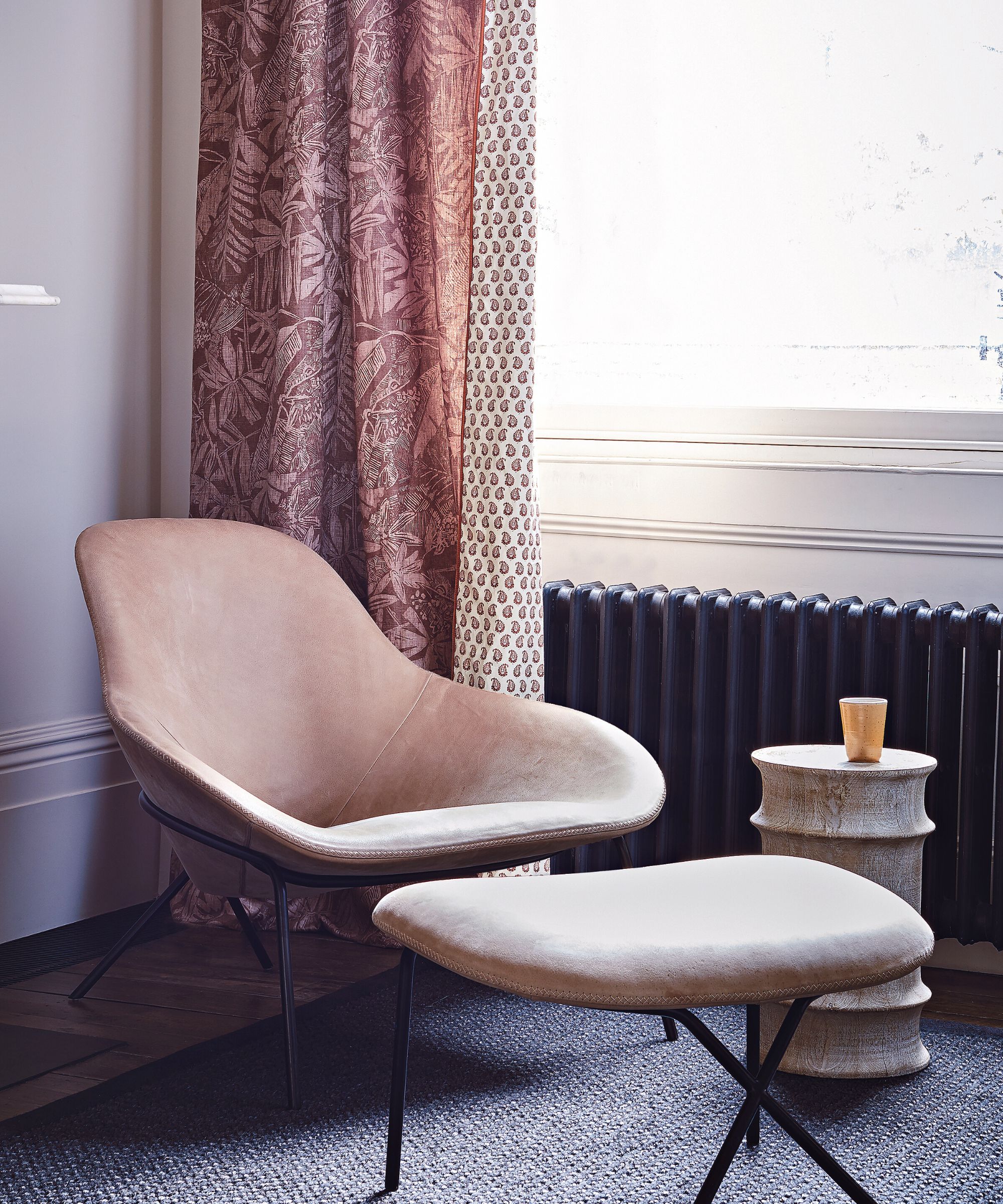
Whether or not you should leave your heating on overnight in freezing weather is a common predicament in winter, but home improvement experts Brad Rempel and Jennifer Wayne suggest it's not necessary – and could be adding to your energy bills.
‘You’re just paying for heat when you don’t need it,’ they say. It is far from the best way to keep a home warm all day.
‘The best thing to do here is to create climate zones to heat the rooms you want,’ they suggest. ‘Consider using a zoning system to direct more heated air where needed and less where it isn’t. Room by room or zone by zone, you will enjoy steady precise comfort on demand. The DIY way to do this is to close the vents in the rooms you don’t use often. This forces your heating system to direct more warm air to where you want it.'
4. Closing the curtains on sunny days
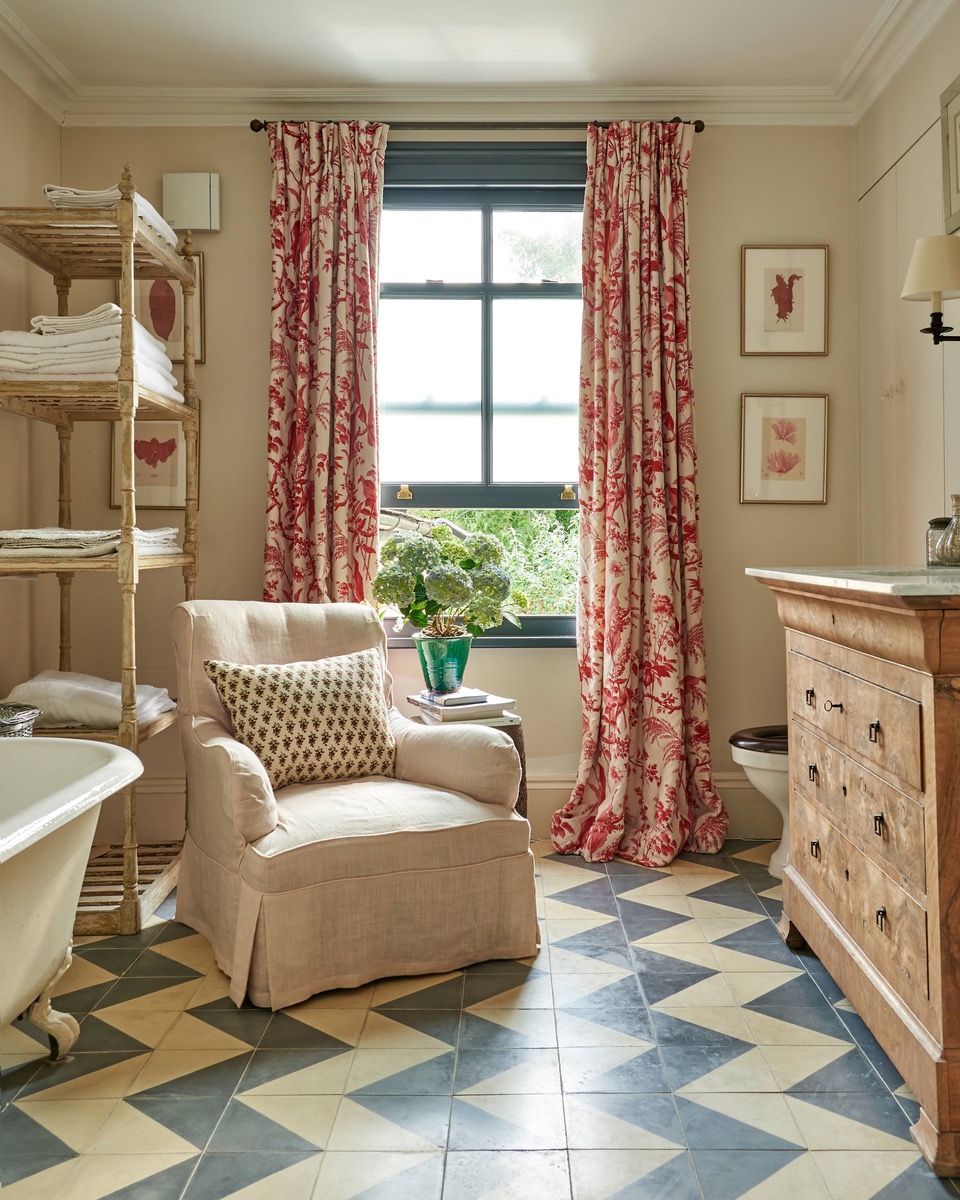
While closing the curtains while your heating is on can help to warm your home a little quicker by draft-proofing windows and doors and preventing heat loss through the glass, closing them when it is sunny outside is a waste of natural energy, says Millie Hurst, Solved section editor for Homes & Gardens.
Even in winter, the sun is great at warming up your home, especially when it shines on your windows, she says. Closing the curtains will prevent this heat transfer and result in a colder house and higher energy bills.
5. Not changing or cleaning furnace filters
Just as you clean an air conditioner, you need to clean your furnace filters too to keep it running smoothly. Not doing so can both damage your heating and raise your energy bills, shares Bradley Stroot, lead service technician. Letting it build up with dust and hair can cause the furnace to overheat, starving it of oxygen and eventually breaking it. As a rule of thumb, Bradley recommends that one thick filter should be changed every one to three months, while four to five media filters need to be changed every six to 12 months for regular upkeep
6. Not cleaning heating vents or radiators
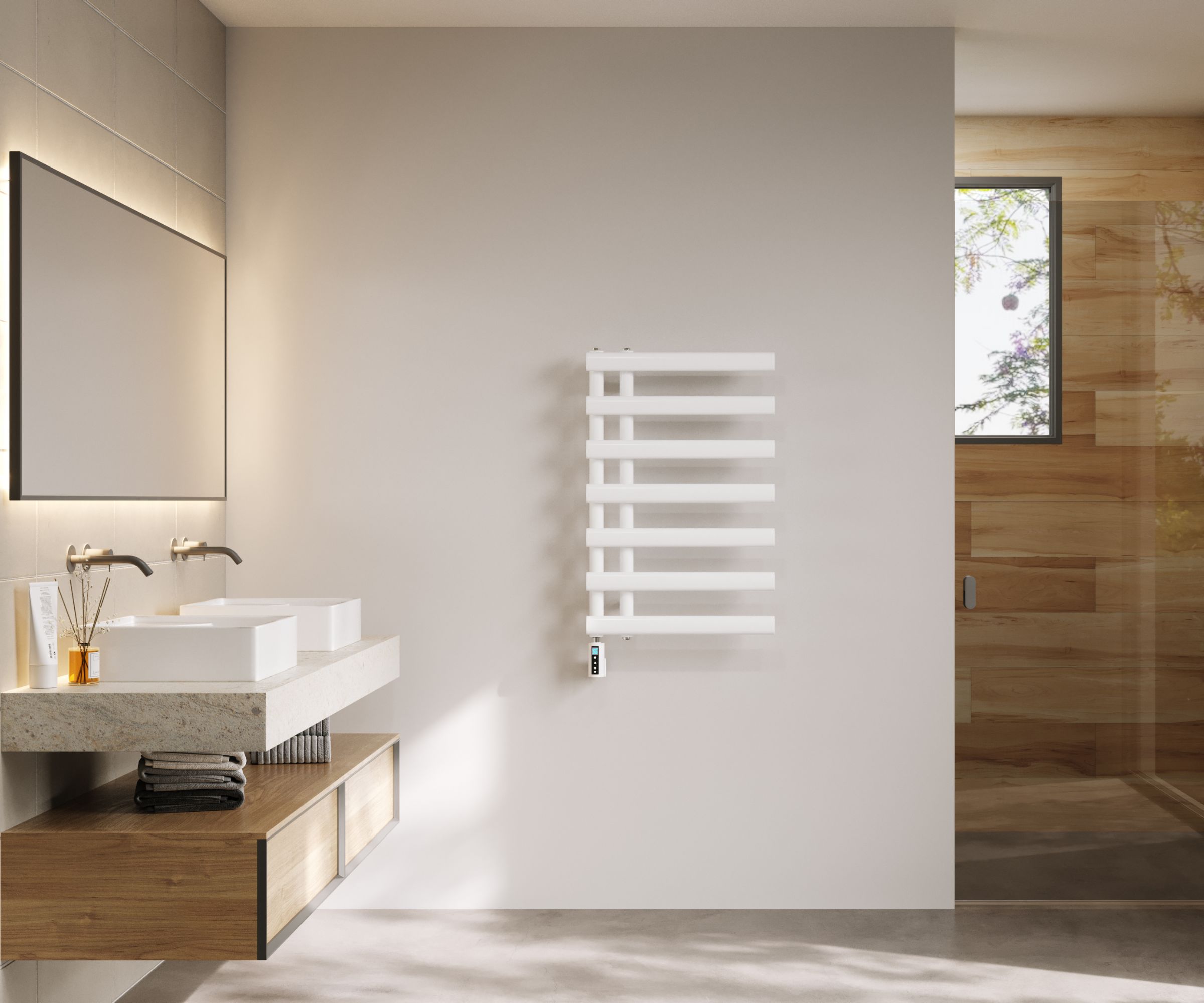
Similarly, your heating itself needs to be cleaned to ensure that the hot air or water can do its job and heat your home, not the layers of dust coating them, reminds Josh Mitchell, HVAC technician at Air Conditioner Lab. In fact, heat vents and radiators are some of the most common places you aren’t cleaning, but need to, he says:
‘Dust and debris can accumulate, leading to reduced efficiency and, in some cases, even posing a fire hazard,’ he warns. ‘Simple, routine cleaning can go a long way in ensuring effective heating and prolonging the life of your heating system.
‘Begin by turning off your system, then remove and clean the vent covers with soapy water. Vacuum and wipe the inside of the ducts, replacing the covers once dry. For radiators, ensure they are cool before dusting and vacuuming their exterior, including behind and underneath. Wipe them down with a damp cloth and check for obstructions around them. This process should be done at least once a year, preferably before the heating season.
‘Regular cleaning not only improves efficiency but also enhances indoor air quality and prolongs the life of your heating system.’
FAQs
What is the most efficient way to heat your home?
The most efficient way to heat your home is to use your home's central heating system, ensure it is well maintained and your heating vents or radiators are clean, and run it only when you need it, rather than constantly. Running your heating all the time, even at a low temperature, will drive up your energy bills and result in wasted energy.
Is it okay to leave a room unheated?
While turning off the heat in an unused room can help to lower your energy bills a little, it is not good practice to leave one room constantly cold. Not only will this contribute to mold growth in the unheated room, but the cold space will leak cold air into the rest of your heated home, making it feel colder again quicker. It is best to heat your whole home at once and regularly to prevent wasted energy and structural damage.
Rectifying these six common heating mistakes is one of the easiest ways to cut energy bills and enjoy a cozier home over winter.







